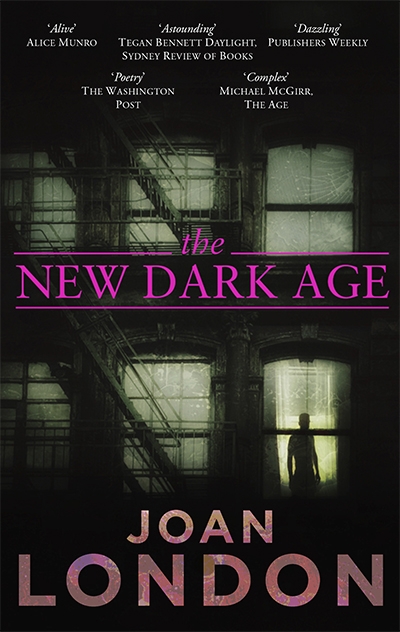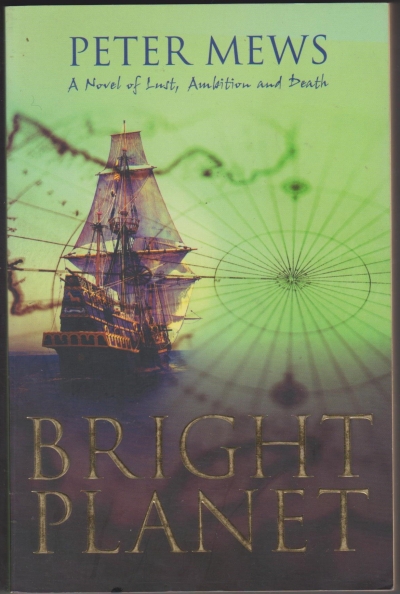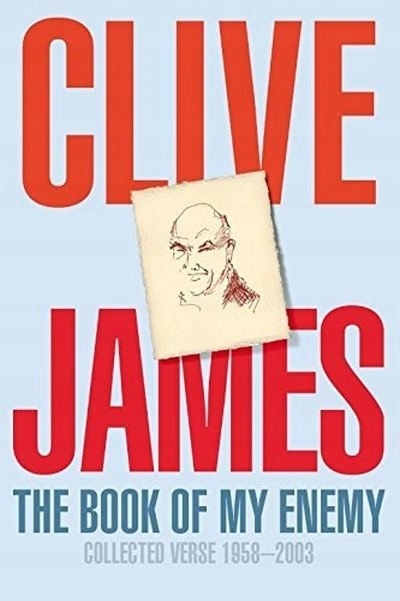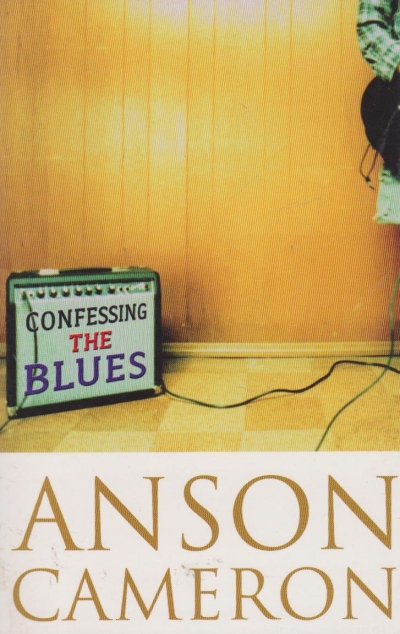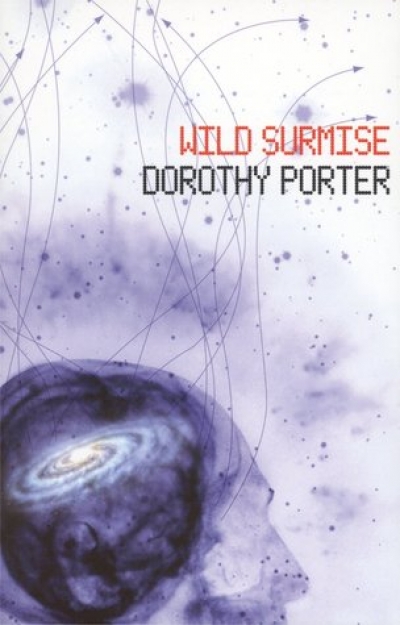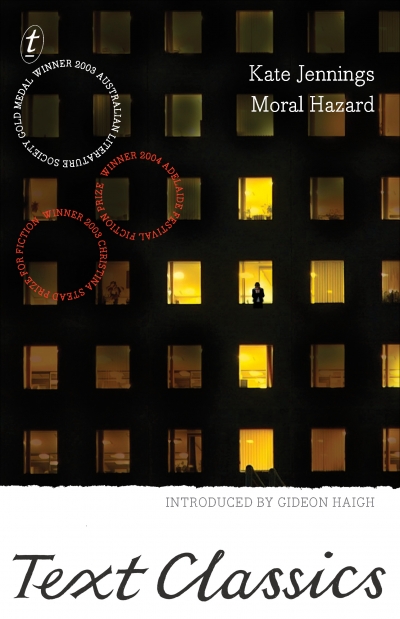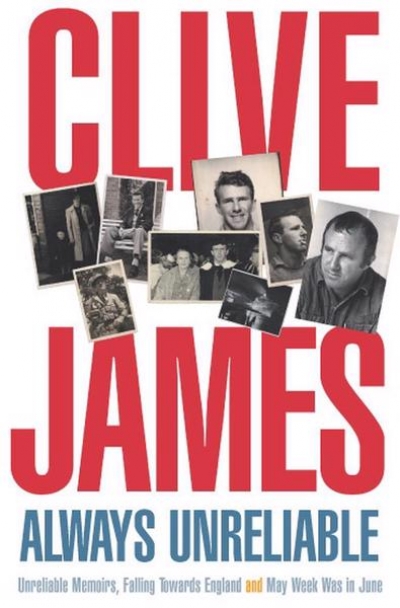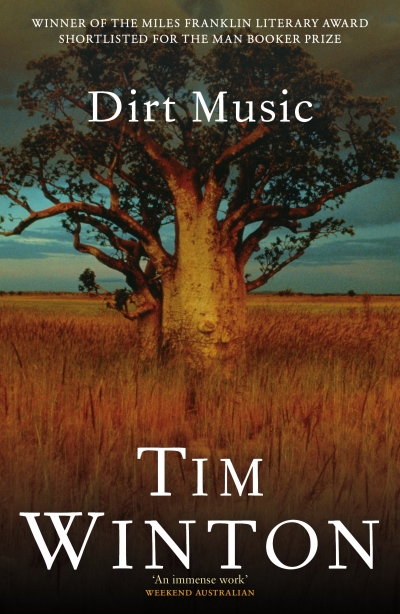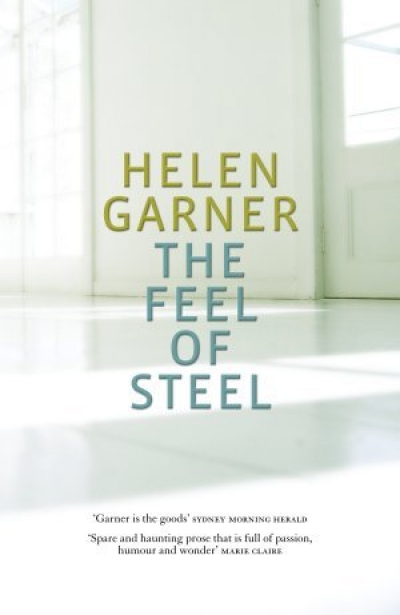Picador
The Book of My Enemy: Collected verse 1958–2003 by Clive James
by Peter Goldsworthy •
Confessing the Blues by Anson Cameron & Saigon Tea by Graham Reilly
by James Bradley •
Moral Hazard by Kate Jennings & Judgement Rock by Joanna Murray-Smith
by Delia Falconer •
Gould’s Book of Fish: A novel in twelve fish by Richard Flanagan
by Brian Matthews •

